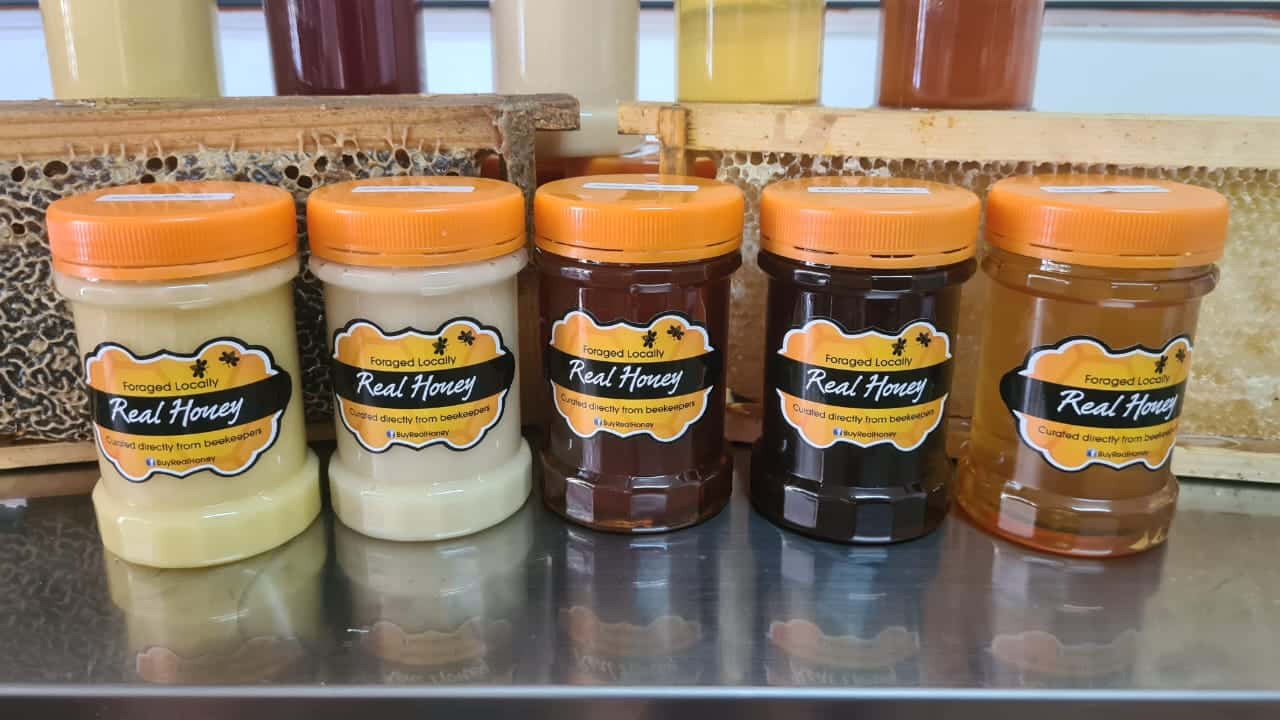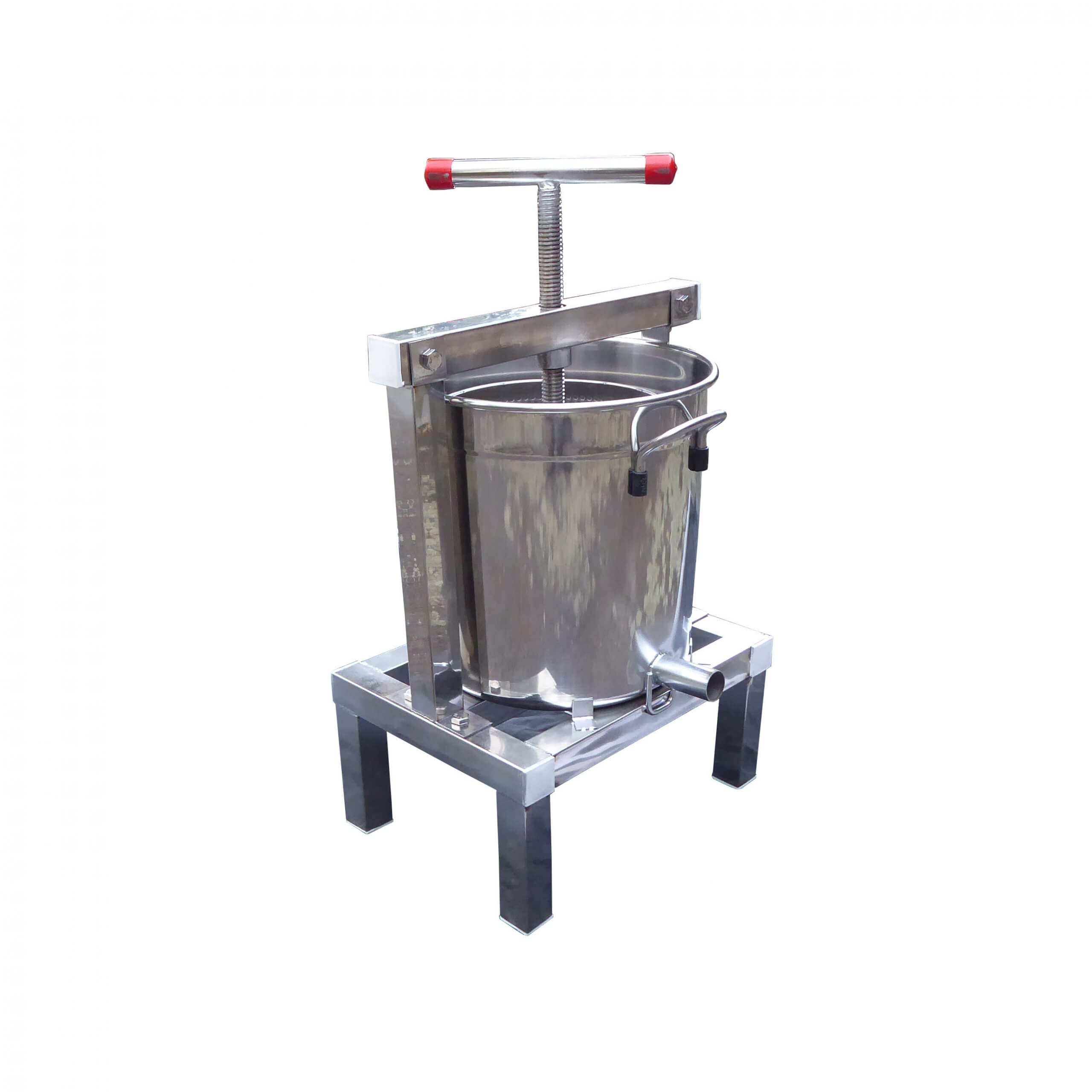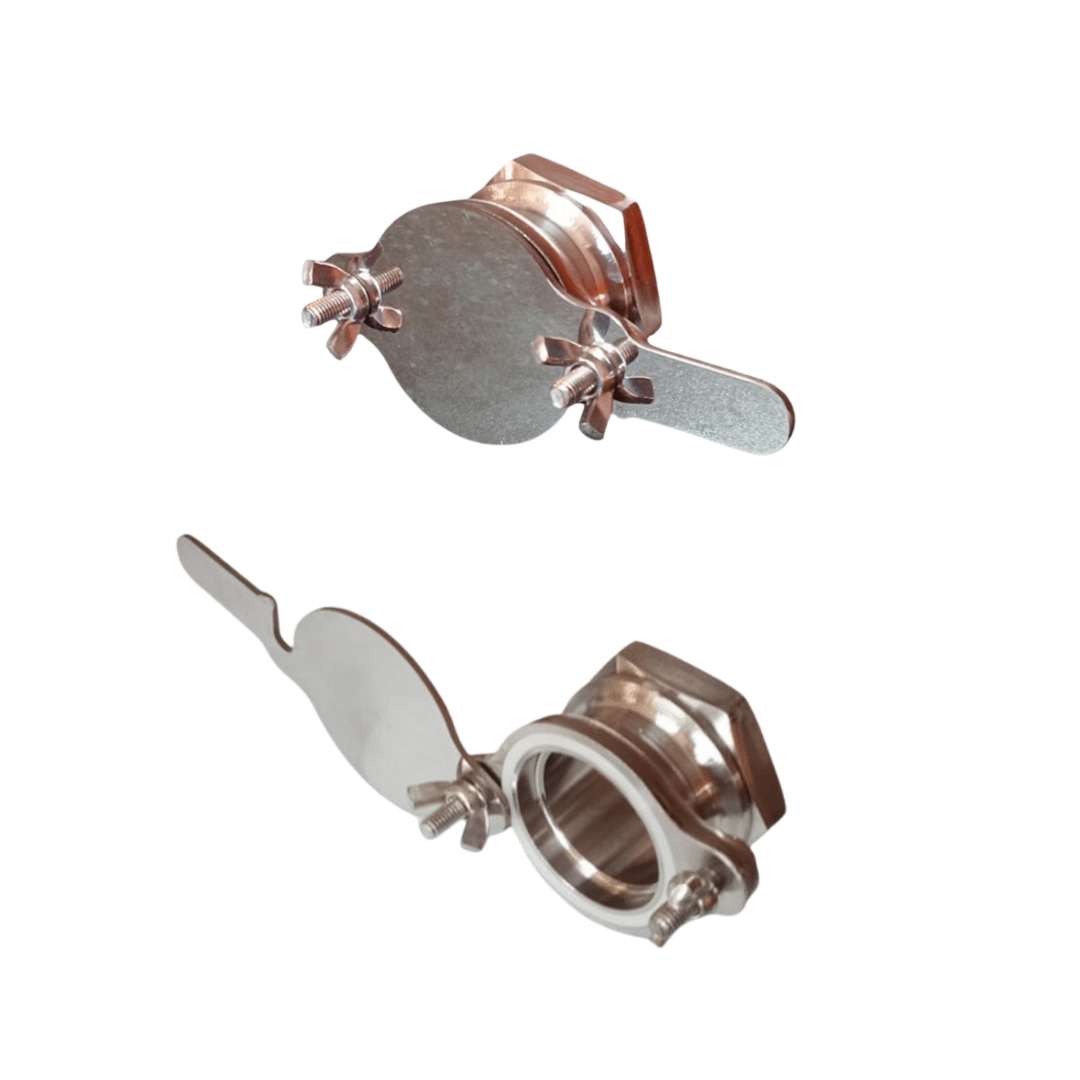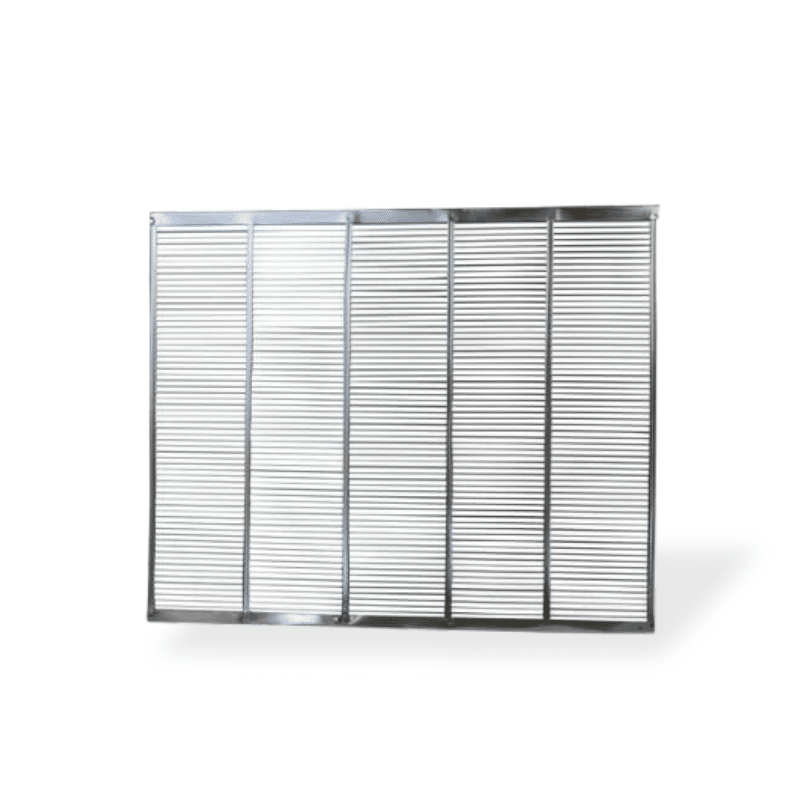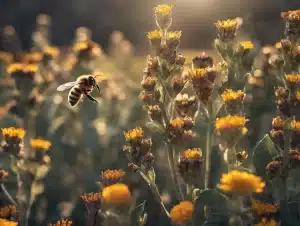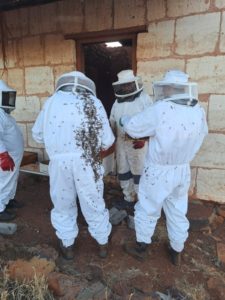Beekeeping and Honey Production
Introduction:
Welcome to the enchanting world of Beekeeping and Honey Production, where the sweet alchemy of nature transforms humble nectar into liquid gold.
In this post, we’ll embark on a journey into the symbiotic relationship between beekeeping and honey production, exploring the intricate dance of bees, flowers, and beekeepers that culminates in the delicious honey we all know and love.
Beekeeping in the diverse landscapes of South Africa, where the vibrant colors of indigenous flora paint the backdrop for a honey-making extravaganza.
Looking at the regional perspective of beekeeping and honey production in South Africa, celebrating the rich traditions, diverse ecosystems, and golden treasures that define this remarkable industry.
The Floral Symphony of South Africa
South Africa’s rich biodiversity is a treasure trove for bees and beekeepers alike. Beekeeping and Honey Production info…
From the fynbos-covered slopes of the Western Cape to the vast savannas of the Kruger National Park, the country’s diverse ecosystems offer a cornucopia of flowering plants that provide bees with a bounty of nectar and pollen.
In the Western Cape, the iconic fynbos biome is home to a multitude of plant species, including proteas, ericas, and restios, which bloom in a riot of colors throughout the year.
These unique floral treasures contribute to the distinct flavors and aromas of Cape honey, prized for its delicate floral notes and subtle sweetness.
In the grasslands of KwaZulu-Natal and Mpumalanga, acacia trees, aloes, and wildflowers carpet the landscape, attracting bees with their abundant nectar sources.
The honey harvested from these regions reflects the richness of the savanna, with flavours ranging from light and floral to bold and robust.
At the heart of honey production lies the remarkable partnership between bees and flowers.
As pollinators, bees play a vital role in the reproduction of flowering plants, transferring pollen from one flower to another as they forage for nectar.
This symbiotic relationship not only ensures the survival of plant species, thereby all the circle of life, but also lays the foundation for honey production.
There are also an abundant availability of agricultural crops around the country both regionally and cross-provincial locations.
The Role of Beekeepers in South Africa
Beekeepers in South Africa play a vital role in harnessing the natural bounty of the country’s diverse ecosystems.
Through careful hive management and strategic placement of hives, beekeepers ensure that their colonies have access to ample forage and favorable conditions for honey production.
In addition to honey production, many beekeepers in South Africa are involved in pollination services, assisting farmers in pollinating crops such as citrus fruits, avocados, and almonds.
This collaboration between beekeepers and farmers highlights the inter-connectedness of agriculture and beekeeping in South Africa’s food system.
The Work of the Beekeeper
Beekeepers act as stewards of this delicate ecosystem, providing bees with the necessary resources and support to thrive.
Through careful hive management, beekeepers ensure that their colonies have access to abundant nectar sources and favorable conditions for honey production.
This may involve strategically placing hives near flowering plants, providing supplementary nutrition when needed, and monitoring hive health to prevent diseases or pests that could impact honey production.
Can Beekeeping As A Hobby Help YOU LIVE LONGER Watch Below
Harvesting Liquid Gold: South African Honey
When the time comes to harvest honey, beekeepers in South Africa employ various methods to extract and process the golden elixir.
From centrifugal extraction to traditional crush-and-strain techniques, each method preserves the unique flavours and characteristics of South African honey.
The honey produced in South Africa reflects the diverse landscapes and floral resources of the region. Cape honey, with its delicate floral notes and light amber hue, captures the essence of the fynbos biome, while savanna honey, with its rich and complex flavors, embodies the spirit of the African bushveld.
Here’s a shortlist of our favourite South African honey varietals:
- Watermelon
- Blueberry
- Pumpkin
- Macadamia
- Litchi
- Cosmos [usually not monoculture]
- Citrus
- Buchu
- Eucalyptus
- Aloe Honey
Beekeeping and Honey Production
Choosing the Right Beekeeping Suit
Selecting an appropriate beekeeping suit involves considering factors such as material, fit, and overall comfort.
While no suit can claim absolute sting-proof status, a locally made, well-designed South African bee suit significantly reduces the risk.
Investing in quality bee gear ensures that beekeepers can confidently tend to your hives while minimizing the likelihood of bee stings.
Conclusion: “Beekeeping and Honey Production”
Beekeeping and honey production in South Africa are more than just agricultural activities; they are a celebration of the country’s natural heritage and cultural diversity.
As beekeepers tend to their hives amidst the breathtaking landscapes of South Africa, bees work tirelessly to transform nectar into the golden treasure we know as honey.
Join us on this journey into the heart of South African beekeeping, where every drop of honey is a testament to the beauty and bounty of the land.

